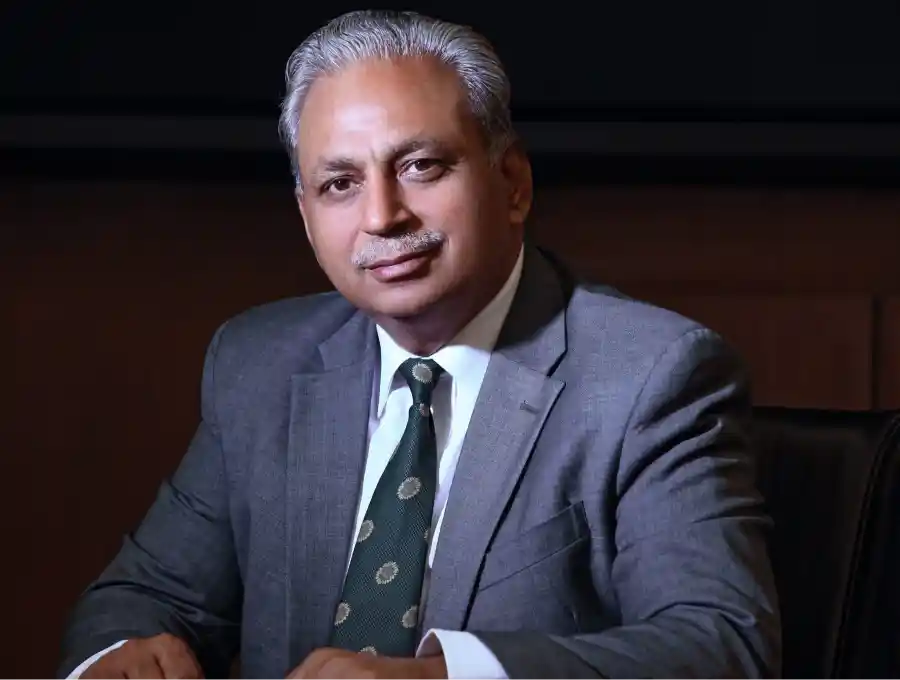The Indian IT sector is facing a turning point with Tata Consultancy Services (TCS) announcing plans to cut around 12,000 jobs in the coming years. Widely regarded as one of the most stable employers in the tech space, TCS’s move has raised concerns across the industry. The company appears to be aligning itself with global trends favouring artificial intelligence over large human workforces.
Gurnani Says Workforce Size No Longer an Advantage
In response, CP Gurnani, former CEO of Tech Mahindra and now Executive Vice Chairman and Co-Founder of AIonOS, stated that the “Sholay days of ‘kitne aadmi the’ are over” for Indian IT. Using a popular line from the Bollywood classic Sholay, Gurnani emphasised that the era of valuing companies based on manpower strength has ended. He pointed out that large headcounts no longer offer the competitive edge they once did.

A Call for Output-Oriented Models
Gurnani advocated for a shift from manpower-based metrics to output and outcome-based pricing models. He believes this transition is necessary for IT firms to stay relevant in a fast-changing landscape increasingly shaped by automation and artificial intelligence. His remarks have sparked significant discussion within the tech community, especially as traditional roles face growing disruption.
Challenging Legacy Views on Work Culture
With over 40 years in the tech industry, Gurnani argued that success can no longer be measured by employee count or hours worked. This view directly contrasts with recent remarks by Infosys founder Narayana Murthy, who encouraged working longer hours to achieve excellence. Instead, Gurnani emphasised business value and performance as the new benchmarks.
Leading Change Through AIonOS
As a leader at AIonOS—a joint venture between InterGlobe and Assago—Gurnani is driving change by promoting AI integration into core business operations. The company focuses on building AI-native enterprises that combine human creativity with advanced technology to improve productivity and profitability. Their model is being watched closely as a template for future-ready business structures.
Impact of AI on Jobs and Workforce Evolution
Gurnani also addressed the broader employment implications of AI adoption. He acknowledged that AI agents will automate many routine roles but highlighted the emergence of new, specialised positions that demand different skill sets. While job displacement is a concern, he pointed out that the industry must prepare for a talent shift rather than a complete talent loss.
A New Era for Indian IT
Gurnani’s remarks reflect a significant transformation underway in Indian IT. As companies embrace automation and rethink traditional work structures, the focus is moving from manpower volume to value delivery. His statement marks a clear break from the past, signalling a new era driven by AI, adaptability, and innovation.
